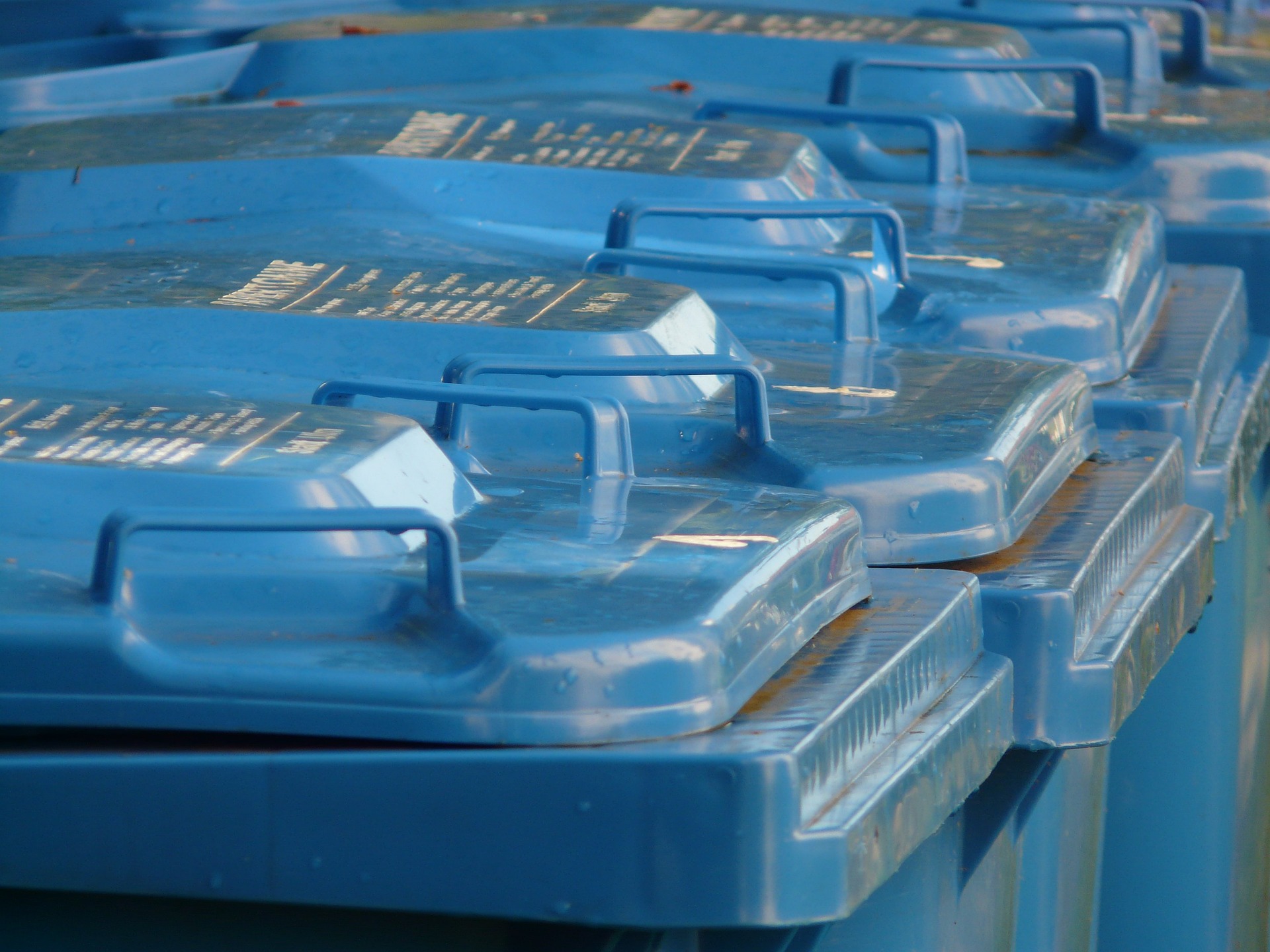
The UK government will introduce a Mandatory Digital Waste Tracking (MDWT) system from April 2026 to monitor the production and movement of waste. Anyone in the UK who produces, handles, disposes of, or makes products from waste will be obliged to enter information onto the database which is being piloted by the Department for the Environment, Food and Rural Affairs (Defra).
Traders of secondary raw materials therefore need to get ready for MDWT as a matter of priority.
What is MDWT replacing?
The new UK-wide system, which Defra is coordinating with the devolved administrations, will replace the existing fragmented system of waste tracking that is still largely paper-based. The other big change is that MDWT extends monitoring to household waste movements. This will be accompanied by reforms to permits for waste carriers, brokers and dealers, although details about how MDWT will work in practice await clarification.
Why now?
Recent advances in digital technology have made MDWT a viable option for government, even though a 2025 deadline for the launch of the new system was pushed back by a year, casting doubt on the government’s preparedness. A fully digitalised system will enable a single comprehensive means of tracking the amounts and types of waste being produced across the UK. It should reveal where most of the waste ends up, which represents a step-change in transparency for the sector.
With this move, Defra hopes to reduce waste crime, which costs the economy £1b a year and is estimated to affect 18% of all waste. This includes fly-tipping (which is mainly household waste), deliberate misclassification of waste, illegal waste exports and the operation of illegal waste sites. The idea is that MDWT will facilitate a more level playing field for legitimate waste operators.
More broadly, Defra wants businesses and government to adopt circular economy principles in line with the UK’s Net Zero commitments. Encouraging waste exporters to embrace digitalisation underpins this strategy. The government’s new digitally-enabled Customs Declaration Service enters into force this year, which will see the old paper-based CHIEF system shut down. At that point, waste exporters will have a strong incentive to modernise their approach to compliance and reporting.
How will digital tracking work?
Details about the practical implementation of MDWT are not yet public. What we can assume, however, is that all existing legal requirements to record waste movements will still apply. In general, waste tracking records need to be kept when waste is passed to a different organisation or person; when it is moved between sites operated by the same organisation; and when waste is passed from the control of one organisation to another organisation within the same site. So these fundamental obligations should remain the same.
The method of compliance is likely to change however. Current UK legislation requires a written description to accompany the transfer of waste. For non-hazardous waste, these ‘duty of care’ records currently involve the completion of a waste transfer note, or a consignment note for hazardous/special waste. A streamlined digital equivalent of these processes will probably be introduced by MDWT.
Does this mean less paperwork for businesses?
That depends. Businesses that resist digitalisation will need to shoulder the administrative burden of manually inputting greater quantities of reporting data. On the other hand, businesses that adopt automated digital processes using CTRM software will – in theory at least – find the burden of compliance lightened because there will be far less manual form-filling and scope for human error. From Defra’s point of view, a unified digital database should reduce admin and provide greater quantities of up-to-date information that can be analysed to help regulators and inspectors do their job.
What are the risks of digital tracking?
Businesses will almost certainly have additional reporting responsibilities under MDWT, which will come with additional risks. The principal risk relates to liability. An organisation that transfers waste to a contractor or sub-contractor still bears a responsibility for that waste. If there is a prosecution for non-compliance, for example, everyone in the chain of custody is liable. With improved tracking under MDWT, businesses will need to take extra care that waste is managed responsibly once transferred to a licensed waste carrier because the evidence will be clearer about whose hands it passed through.
The other risk relates to back office. If your team isn’t equipped for new compliance rules and digital processes, then you might face higher staffing costs, more consultancy fees, and the possibility of fines if things go wrong. Digitalising your business also comes with costs, although these tend to be outweighed by longer term productivity gains.


